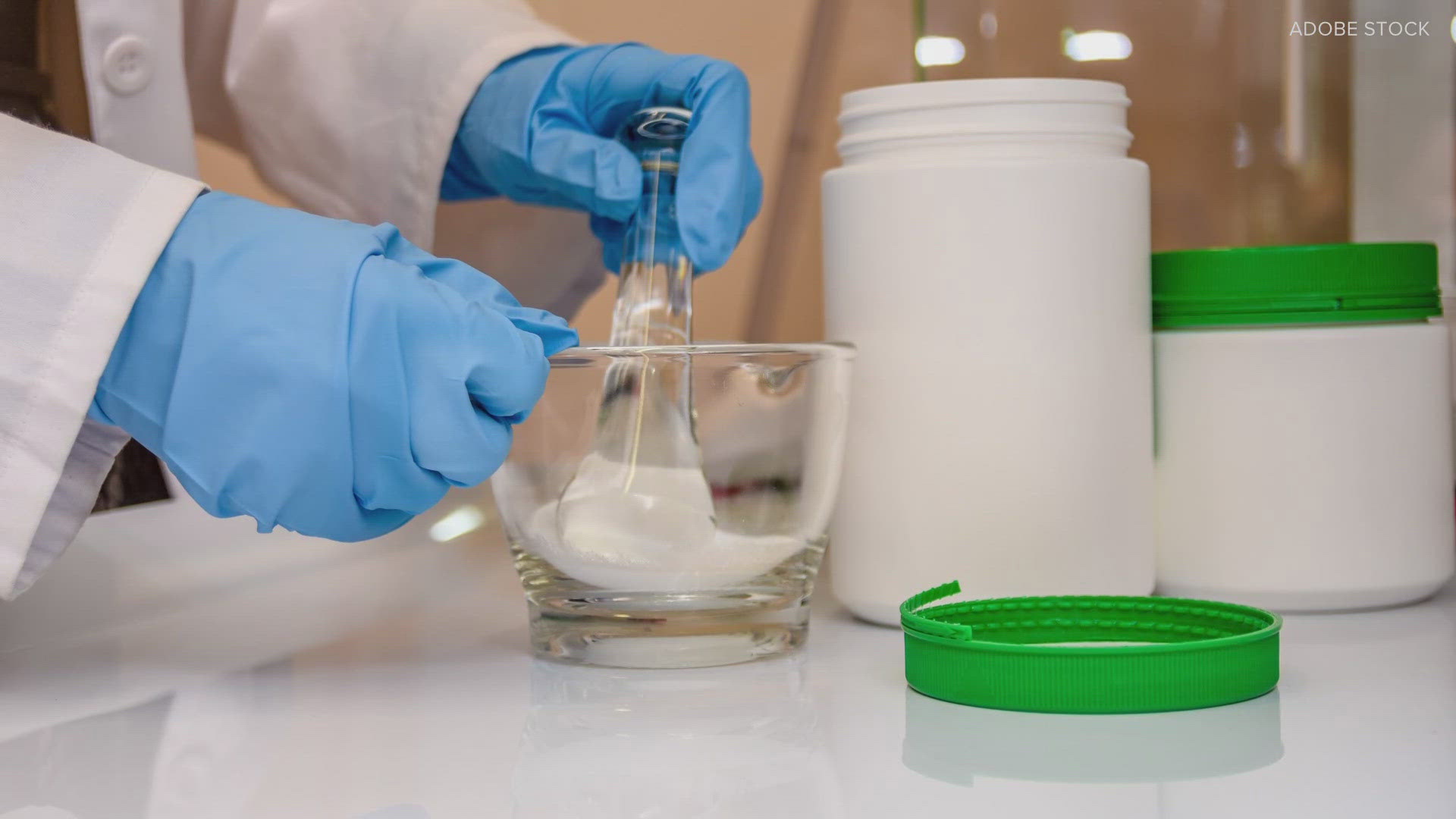SEATTLE — High demand for weight loss drugs like Ozempic and Wegovy has led to the emergence of "knockoff" versions that may not be as safe as the FDA-approved, brand-name versions.
The Washington Poison Center, a nonprofit organization that monitors overdoses, is seeing a rise in calls about the drug in general, as well as concerns over using off-brand versions of the drug.
"We are seeing cases here in the state of Washington," said Jimmy Leonard, managing director at the Washington Poison Center.
Wegovy is currently under the U.S. Food and Drug Administration's list of drug shortages as demand skyrockets. On top of that, the price of these weight-loss drugs can cost upwards of $1,000 a month with limited insurance coverage.
Leonard explained that Ozempic and Wegovy are FDA-approved, brand-name versions of semaglutides, a drug originally designed to treat diabetes due to their effectiveness in regulating blood sugar and reducing appetite.
They're now frequently prescribed for weight loss. In 2021, the FDA approved Wegovy to treat chronic weight management.
"The demand is astronomical. We're talking hundreds of millions of prescriptions worldwide every year," Leonard said.
Leonard said along with the drug's popularity comes the risk of accessing knock-off versions that can make consumers sick.
WAPC takes calls about general overdose concerns via its hotline. Leonard said they saw the number of semaglutide-related calls double this year so far, compared to 2022 and 2023.
Over the past six months, they've received 60 calls concerning semaglutide use.
"The big things we are seeing are nausea, and vomiting and essentially food intolerance," Leonard said.
The higher demand has led to off-brand, or "compound" versions of semaglutides.
"It's really the demand that has pushed people in its shortages. So the drug company was trying to manufacture as much as they possibly can, and it just has not been able to keep up with astronomical demand for it," Leonard said.
The FDA defines "compound" medications as drugs that have combined or altered ingredients to create a medication tailored to the needs of patient. However, they are not FDA-approved, meaning the FDA does not verify how safe or effective a compounded drug is.
Whether compound versions of semaglutide are effective and safe, remains in question.
"It's really unclear at this point, right? Most of the time when we hear about them, is when somebody had something go wrong," Leonard said.
Leonard added compound versions may not specify dosages as clearly as the FDA-approved brand name versions. Leonard said about a third of their semaglutide-related calls have been about compound versions.
"Where people had made errors with them. Specifically, a very common one is starting out themselves with a ten-fold overdose," he said.
Leonard advises consumers should stick with the FDA-approved brands.
"Those are what's really approved by the Food and Drug Administration; they've verified all of the processes to make sure they are following good manufacturing processes, they have adequate stability, they're really easy to use," Leonard said.
Leonard also advises avoiding buying weight-loss drugs from online sources and sticking with talking to a doctor or pharmacist directly for a prescription.
If there are any concerns, the WAPC has a hotline for information. The number is 1-800-222-1222.

